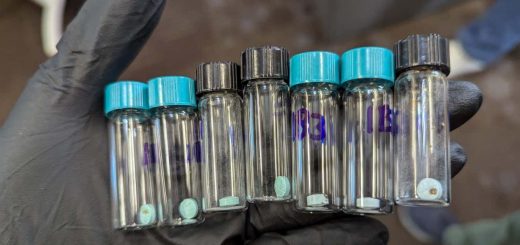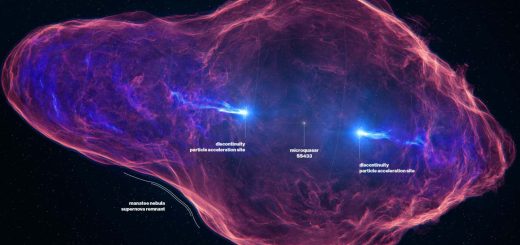MDMA therapies hit a roadblock – what’s next?
The US Food and Drug Administration has rejected the psychedelic drug MDMA as a treatment for post-traumatic stress disorder, leading many to wonder whether psychedelic therapies have a future in medicine
By Grace Wade
13 August 2024
Will psychedelic drugs like MDMA ever be approved for therapeutic uses?
South Agency/Getty Images
Roughly one year ago, thousands of people gathered in Denver, Colorado, for the largest psychedelic conference in history. The mood was electric, with most attendees confident that the US Food and Drug Administration (FDA) was on the verge of approving its first psychedelic drug.
But last week, the FDA dealt a devastating blow to supporters of psychedelic therapies. It rejected the hallucinogen MDMA as a treatment for post-traumatic stress disorder (PTSD), citing concerns about safety and the validity of clinical trial results. The decision is a pivotal moment for psychedelic science and raises questions about what – if any – future these drugs have in medicine.
Read more
How to be happy, according to the longest-running study of happiness
Advertisement
The California-based company Lykos Therapeutics has published two phase III clinical trials showing that MDMA, along with talk therapy, significantly improved symptoms of PTSD. The trials, which involved almost 200 adults with moderate-to-severe PTSD, found that between 33 and 46 per cent of those treated with three doses of MDMA were in remission from the condition two months later. The same was true for less than a quarter of the trial participants who had received only talk therapy.
At face value, these results are remarkable. Only two medications have been approved for treating PTSD in the US, both of which lead to remission in just 20 to 30 per cent of cases. But an advisory committee to the FDA expressed doubts about the studies at a meeting in June, ultimately voting 9 to 2 that the research had not proved MDMA’s efficacy.
One of the committee’s chief concerns was the lack of blinding, a technique that prevents participants from knowing which treatment group they are in. Approximately 90 per cent of participants receiving MDMA and 75 per cent of those given a placebo were able to accurately guess which treatment they received. This means the placebo effect could have led those in the MDMA group to expect, and thus report, an improvement in symptoms.


